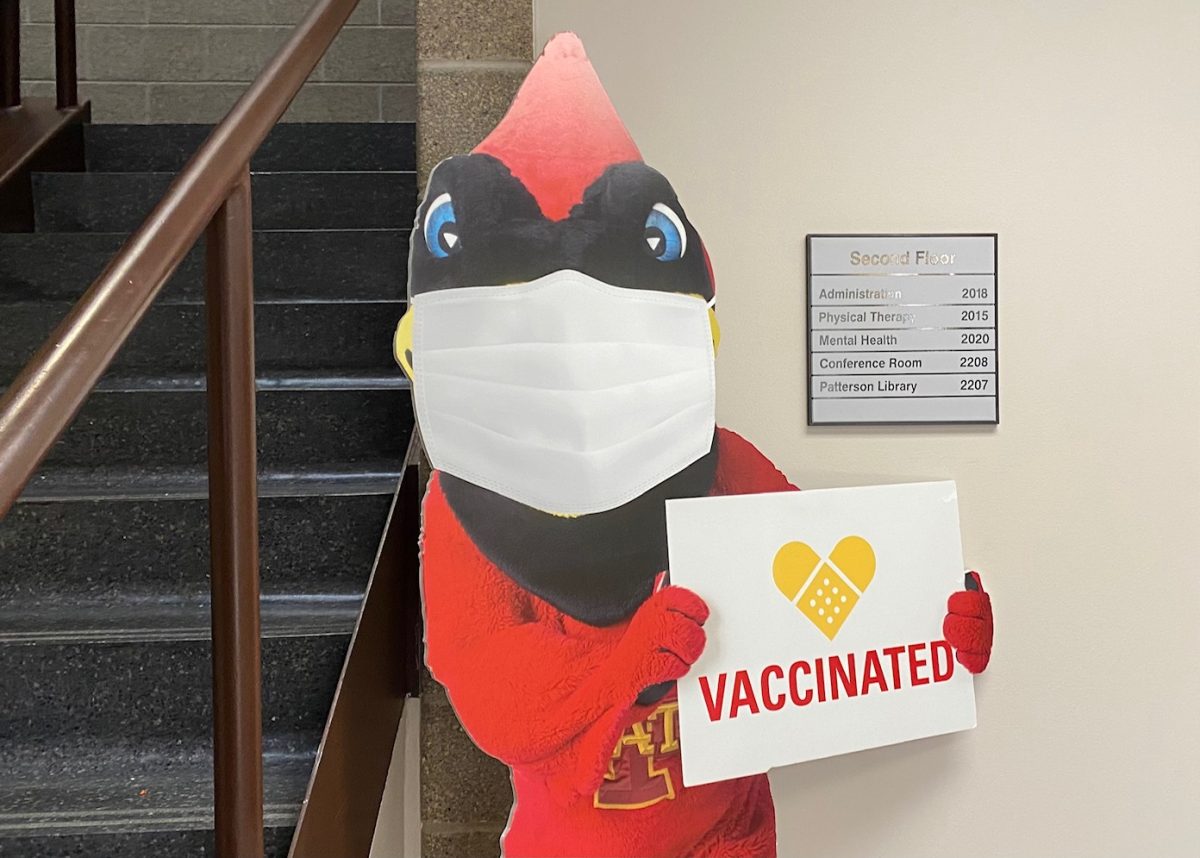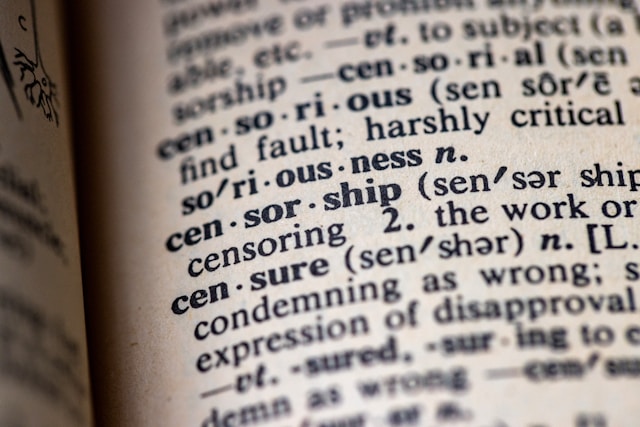Know the symptoms of anorexia
September 21, 1998
Editor’s Note: Irene Lewis-McCormick is a graduate student in health and human performance. If you would like to ask her a fitness-related question, please send an e-mail request to: [email protected].
Q: After I have been at school and or have worked all day, I exercise. Sometimes I don’t get home until 7 p.m. Once I get home, I am way too tired and unmotivated to cook. I find myself eating the first thing I find — a pint of ice cream, a box of crackers or going to a drive-thru restaurant. I don’t want to blow my efforts exercising by coming home to eat just anything I find. What suggestions do you have?
A: Nancy Clark, author of Sports Nutrition Guidebook, has some suggestions:
1) Eat a bigger meal at lunch rather than waiting until evening. This way you’ll get healthy choices in the cafeteria or at home. You’ll have more time to eat, and you can save yourself the hassle of cooking at night by swapping lunch with dinner.
2) Start your healthy eating habits by stocking your freezer and shelves with nutritional, wholesome snacks and meals that are ready and waiting. You’ll be more likely to eat a better dinner if it is already prepared. For example: individually wrapped chicken breasts, lean hamburger patties, cooked pasta, baked potatoes, turkey burgers, frozen veggies, whole grain crackers and bread, tortillas and hot and cold cereals.
3) Add variety to your pasta meals. Pasta becomes a nutritional powerhouse when it is topped with tomato sauce, spinach, garlic or other vegetables. Use your imagination.
I have another suggestion. If you do find yourself needing to “eat out” on the run, try a place that serves cold sandwiches or subs. These meals tend to have little fat calories and plenty of carbohydrates and protein. Be sure to ask for extra vegetables and limit the cheese and mayo.
Q: I have a friend who is a teammate whom I suspect is anorexic. I want to confront her, but I hear that is not a good idea. How should I approach this matter?
A: You are obviously concerned about your friend and teammate. Sometimes, particularly with athletes, it’s hard to figure out who is truly lean and who is suffering from an eating disorder.
According to Clark, about one-half of all anorexics become bulimic. Some purge by vomiting, others by excessive exercise. For example, some aerobics instructors who teach three or four classes a day, as well as doing extra work-outs, may be bulimic. They purge themselves of excess calories by excessive teaching and training.
Anorexics often wear bulky clothes to hide their abnormal thinness. Food consumption is restricted, or portions are sparse in comparison to the energy expended. A runner may eat a light salad after a 10-mile run. They often find excuses for not joining others for meals, or when they do, push the food around on their plate as if they are eating it.
Here are some other symptoms of anorexia:
- Significant weight loss.
- Recurrent injuries and stress fracture
- Loss of menstrual periods
- Loss of hair
- Growth of fine body hair, noticeable on the face and arms
- Cold hands and feet and extreme sensitivity to cold temperatures
- Light-headedness
- Inability to concentrate
- Low pulse rate
- Hyperactivity, compulsive exercise beyond normal training
- Comments about how fat they are, distorted body image
- Expression of intense fear of becoming fat
- Wearing layers of baggy clothing to hide thinness
- Nervousness at mealtime, avoidance of eating in public
- Food rituals, such as cutting food into small pieces
- Antisocial behavior, isolation from family and friends
- Excessive working or studying, compulsive rigidity
- High emotions, tearful, uptight, overly sensitive, restless
If you know of a teammate, friend or family member who struggles with food issues and wonder what to do about the problem, don’t wait until medical problems prove you right.
Here, according to Clark, are suggestions that may assist you in approaching this delicate subject:
1. Express your concern carefully, gently approach the individual but be persuasive. Say you are worried about her or his health. Say, “I’ve noticed that you seem tired and your race times are getting slower and slower…” Give evidence of why you believe he or she is struggling to balance food and exercise and ask if he or she wants to talk about it.
2. Do not discuss weight and eating habits. Focus on life issues, not food issues.
3. Suggest unhappiness as the reason for seeking help. Point out how tired, anxious or irritable the person seems to be lately.
4. Be supportive and listen sympathetically. Don’t expect the individual to immediately admit there is a problem.
5. Offer a written list of professional resources for help. Although the individual may deny the problem at first, he or she may admit it at a later time.
The following includes a list of organizations that may be able to help provide more information and help for someone with anorexia or bulimia.
American Anorexia/Bulimia Association, Inc.
(212) 501-8351
American Dietetic Association
(800) 366-1655
Anorexia Nervosa and Related Eating Disorders (ANRED)
(503) 344-1144
National Anorexia Aid Society
(614) 436-1112
References used for this article: Nancy Clark’s Sports Nutrition Guidebook; Human Kinetics, (1997).






